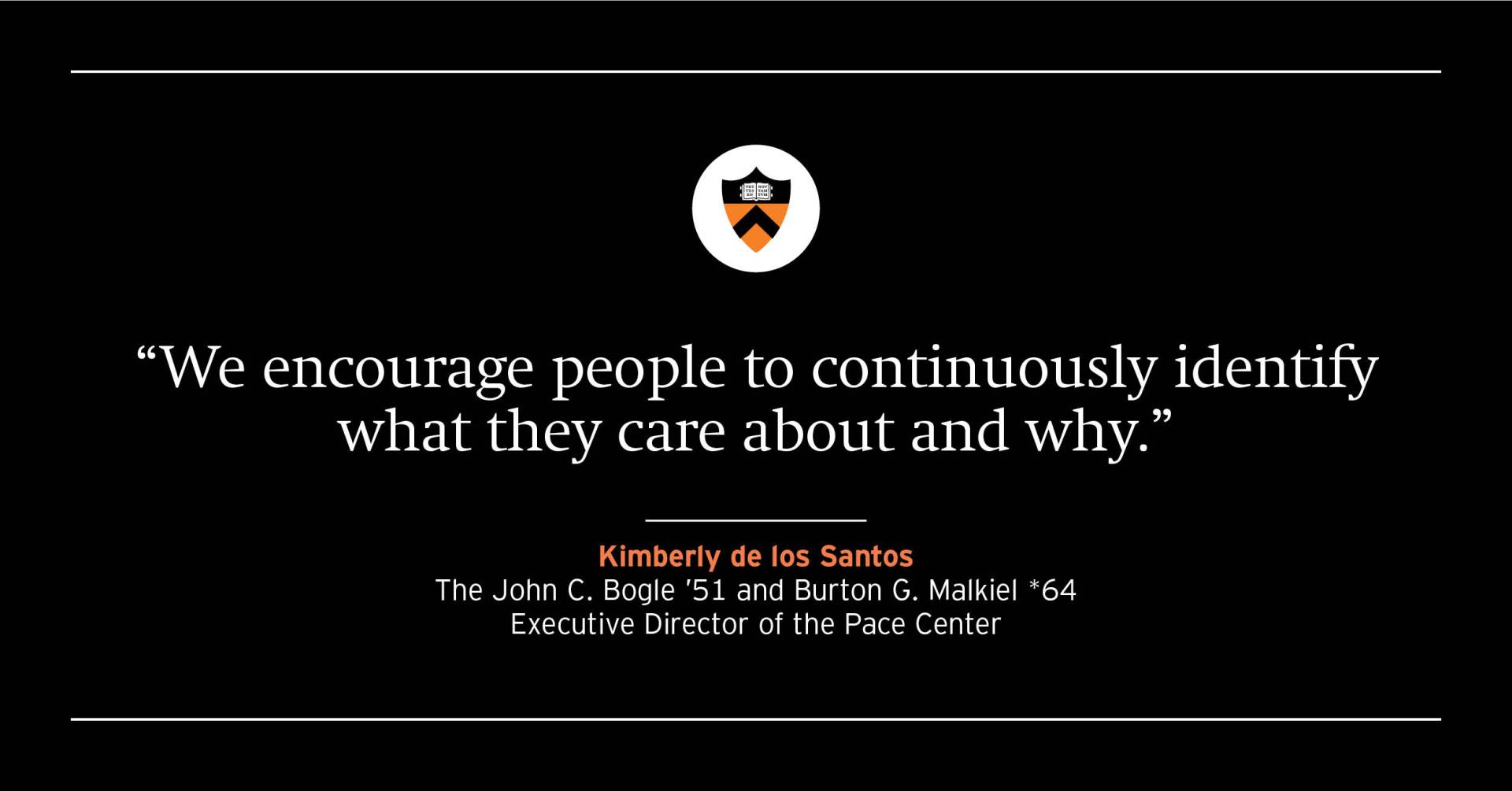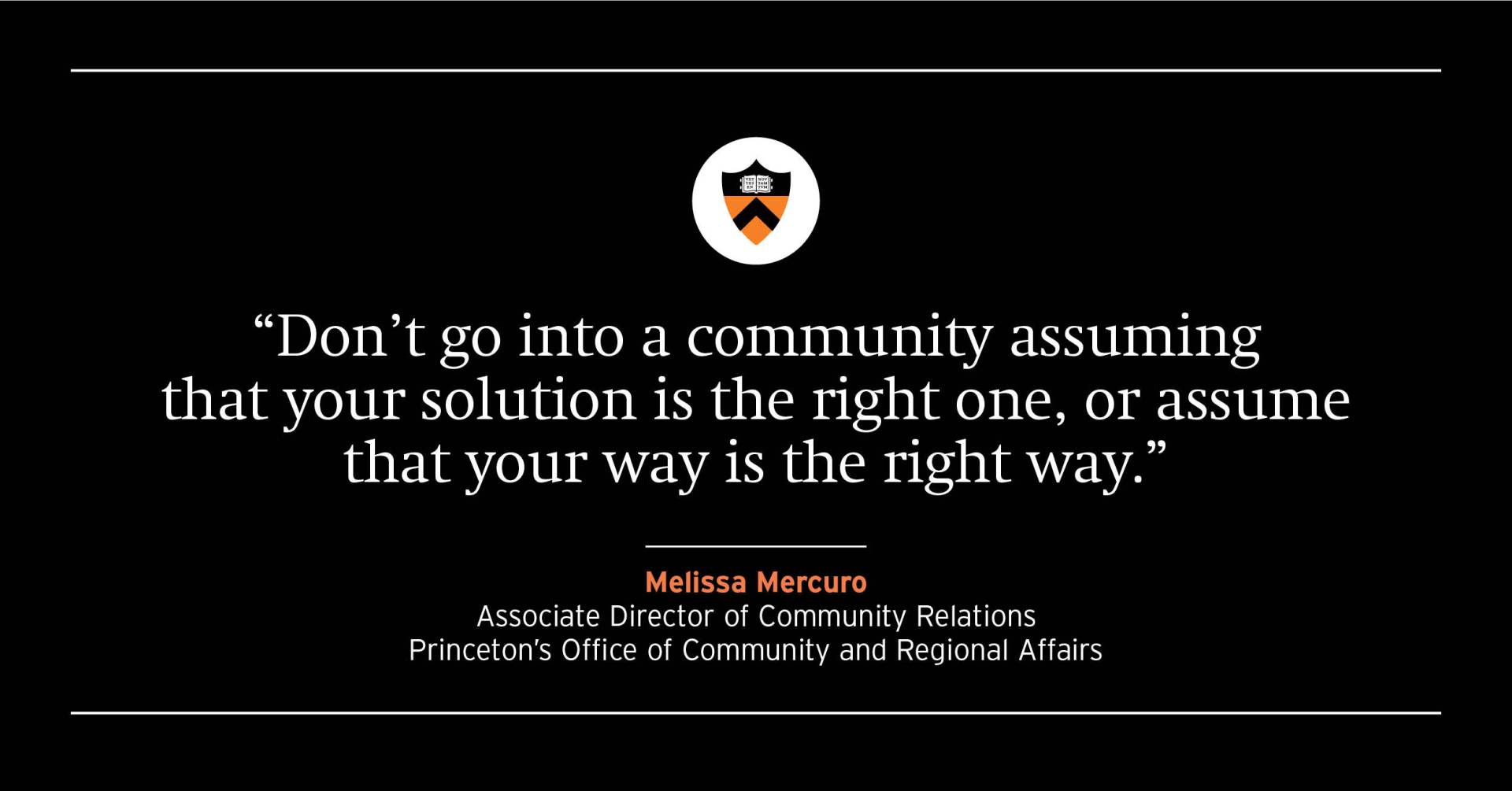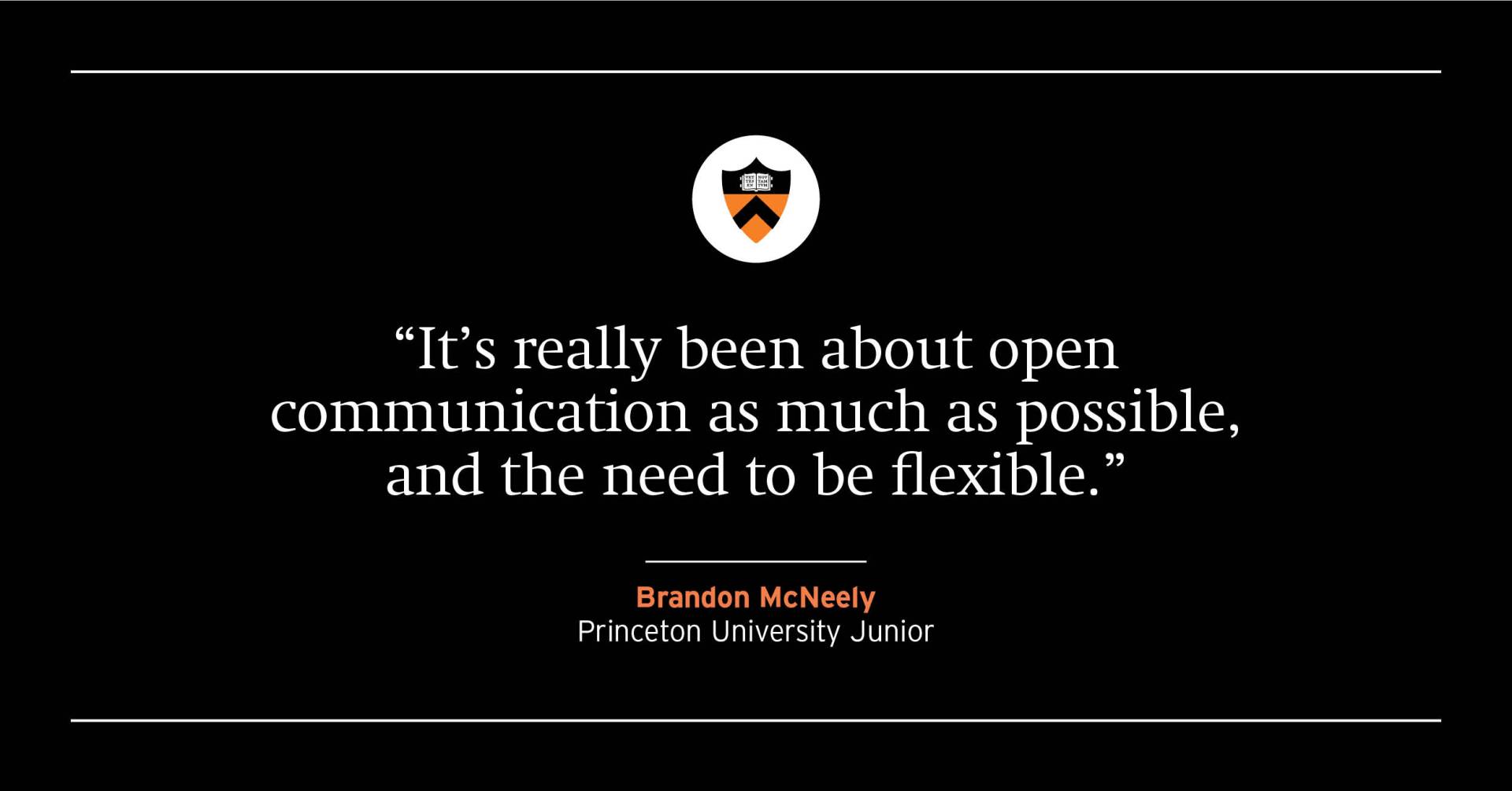Reading Time: 4 minutes
On Friday, Jan. 29, a group of Princeton students with the Princeton School of Public and International Affairs (SPIA) and the Office of Religious Life (ORL) traveled 45 minutes from campus to Joint Base McGuire-Dix-Lakehurst (JBMDL), often referred to as Fort Dix, a U.S. military base in New Jersey where more than 6,000 Afghan evacuees are still awaiting resettlement.
In JBMDL, Village 3, Tent 1, a 25-year-old Afghan evacuee asked students, “Who wants to help Afghan people?” Every member of the Princeton delegation raised their hand.
According to Katherine Clifton ’15, an organizer of the trip from Princeton’s ORL, the eventual goal for the group is to launch a tutoring program for English and computer literacy that matches Afghan guests with Princeton students.
“The most important thing you can do for our people right now is to teach us English,” one of the Afghan panelists, Alin, said.
The Daily Princetonian gave all the quoted Afghan panelists pseudonyms, including Alin, for the purposes of this piece in an effort to protect the safety of the individuals’ family members still in Afghanistan.
As part of Operation Allies Welcome, the Department of Homeland Security (DHS) and U.S. military have transformed areas of Fort Dix into a makeshift society, with on-site medical care and three residential sections, or “villages.” Each village has a U.S. military “mayor,” prayer rooms, and educational programming. More than 20,000 Afghan guests, as they are officially referred to by Fort Dix officials, have passed through the villages since August 2021.
Students were transported by a government bus to Village 3 — the largest of the three settlements. There, students were permitted to interact with any Afghan evacuee interested in higher education. In addition to casual conversations, formal programming included a panel of Afghan guests, moderated by Amaney Jamal, Dean of the Princeton School of Public and International Affairs, and a Q&A with Brett Dreyer, the Department of Homeland Security’s deputy federal coordinator for Operation Allies Welcome at JBMDL.
Dean Jamal introduced the Afghan panelists — pseudonymously, Zaria, Aliya, and Alin — and commended them for their perseverance and patience. Jamal, herself an immigrant to the United States from Palestine, said she felt deep empathy for their trauma, guilt, and sadness from leaving their country.
Kennedy Walls ’24, a sophomore studying medical anthropology, told the ‘Prince’ she was particularly “enthralled” by Zaria’s story. Zaria was as an Afghan medical student who fled from Kabul to Qatar in August, before arriving at Fort Dix. She told the students that her dream was to complete her higher education and become a professor.
“What motivates me most is my family back in Afghanistan. They all have the same experiences as me, but they are not here,” Zaria said at the panel. “The opportunities that my sisters, similar to me but younger and smarter, do not have, I would like to use that to at least put a smile on their lips.”
Jamal ended the session by asking the panelists whether they had any questions for the Princeton students. Zaria did not have a question. Instead, she said to the students: “Don’t forget Afghanistan.”
“Those words really stuck with me,” Walls told the ‘Prince.’ “With how news and media [are] today, it’s easy to latch onto a story then let it fade away, but here we saw that the lives of Afghan refugees have been changed forever.”

Get the best of
‘the Prince’ delivered straight to your inbox.
Subscribe now » On the opposite side of the room, Afghan children sat in rows on gym mats while watching television. Some did not understand the English animations, but their eyes were captivated. Three airmen watched over the children; one was Johana Aguilar, a technical sergeant in her 12th year of active duty in the air force, who immigrated to the United States from Panama.
“I can really identify with the guests because I was once there,” Aguilar said. “I tell the ladies to watch television, because that’s how I learned English, by watching cartoons with my kid.”
“Everyone was so eager to learn that they copied down everything I wrote on the whiteboard,” said Homiera Walter, one of several United States Conference of Catholic Bishops (USCCB) volunteers at the base, who taught English at Fort Dix.
Walter herself left Afghanistan when she was seven years old; as a resident of New Jersey, she wanted to find a way to give back to Afghan evacuees and now volunteers at Fort Dix through USCCB.
“Any Afghan woman would give their lives to get their children educated,” Walter added, “because education has been taken away from them far too many times.”
According to Walter, the education system for evacuees was extremely ad hoc when she first started volunteering in October. “There were different formulas for every base. Even in Fort Dix, the education in Village 1 was only run by Afghan guests until a month ago,” Walter said.
According to Dreyer, every week, resources and living conditions are constantly improving for the guests, where “drop by drop the river builds.”
“At first the tents did not have heating,” said Dreyer, the Homeland Security official. Tents are now fully heated and insulated. Initially, the Fort Dix healthcare was reliant on local New Jersey hospitals. “We have since built a hospital with nearly 100 staff on base,” Dreyer added. Since January, evacuees can now also reserve laptop time to access computers.
Dreyer also recognized that the operation has not been without challenges, including a measles outbreak and a stillborn baby in the hospital.
“A part of the reason we are engaging with institutions like Princeton is to chip away at the enormous strain on resettlement agencies,” said Adriel Taslim, the DHS Vocational Training Lead. In addition to USCCB and Princeton, Taslim also organized educational events from Verizon and Google on Friday.
“The experience instilled in me a duty to help,” Walls said. “My biggest takeaway from listening to the guests is that at the heart of what they want is not personal success, but to help uplift other Afghans.”
According to Clifton, Princeton could start sending students to tutor Afghan guests as soon as next Friday, Feb. 11.
Edward Tian is a news and features writer who experiments with data-driven and alternative story format (ASF) reporting. He can be reached on Twitter @edward_the6.





















